Tuberculosis (TB) remains a major public health challenge, not only because of its health burden but also due to the significant financial hardships it imposes on patients and their families. This systematic review, conducted by Olivia Alise D’Silva and colleagues,...
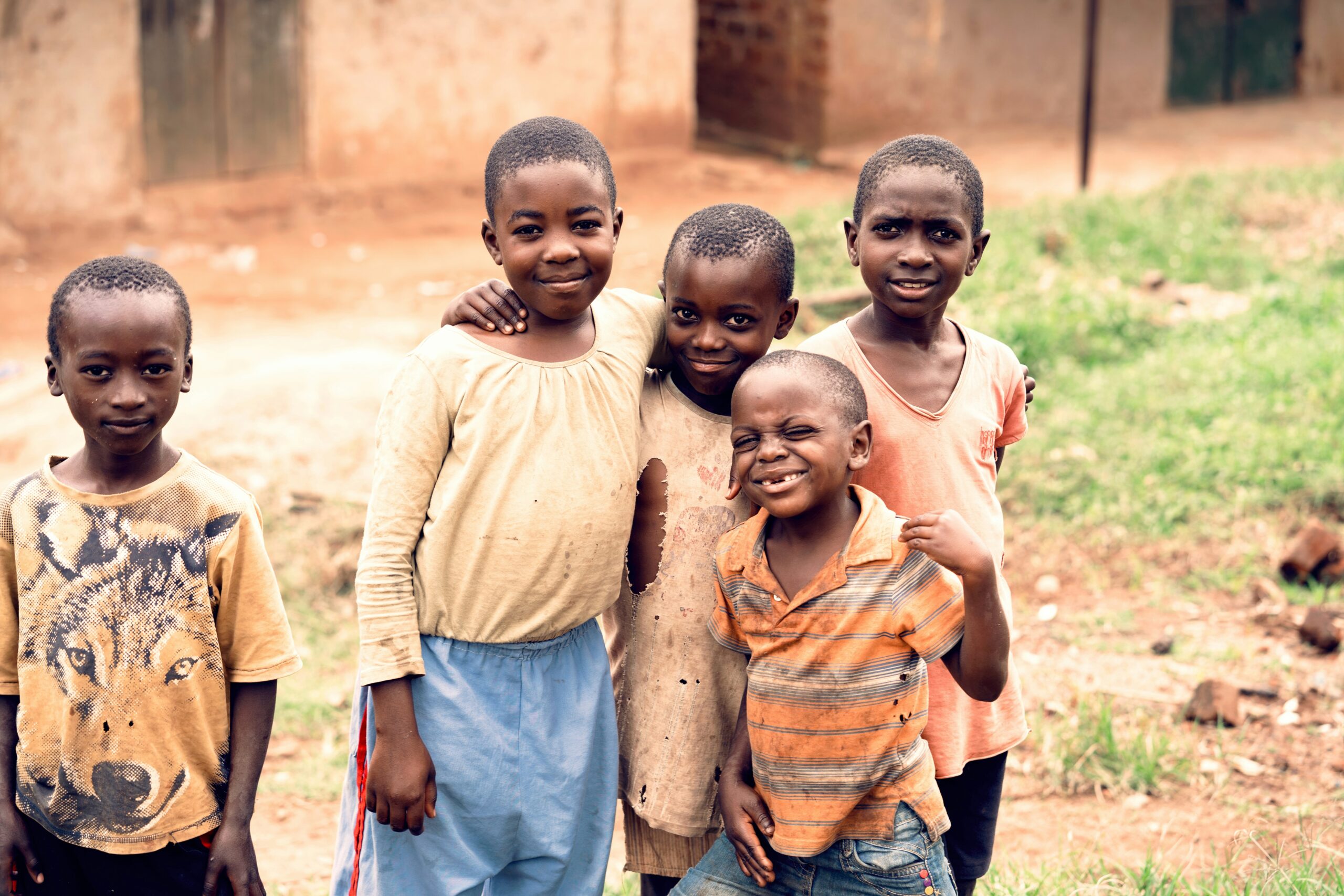
Cabinet approves universal health cover policy in Namibia
The cabinet has approved a universal health coverage policy to ensure all Namibians can access healthcare services without financial hardship. This initiative aligns with the country's Vision 2030 and aims to address existing challenges in healthcare access,...
Supreme Decree approving regulations for Law No. 29698 on rare diseases.
On March 27, 2025, the Peruvian government enacted Supreme Decree No. 002-2025- SA. This approved regulations for Law No. 29698, a law that declares the treatment of people suffering from rare or orphan diseases to be of national interest and preferential attention....
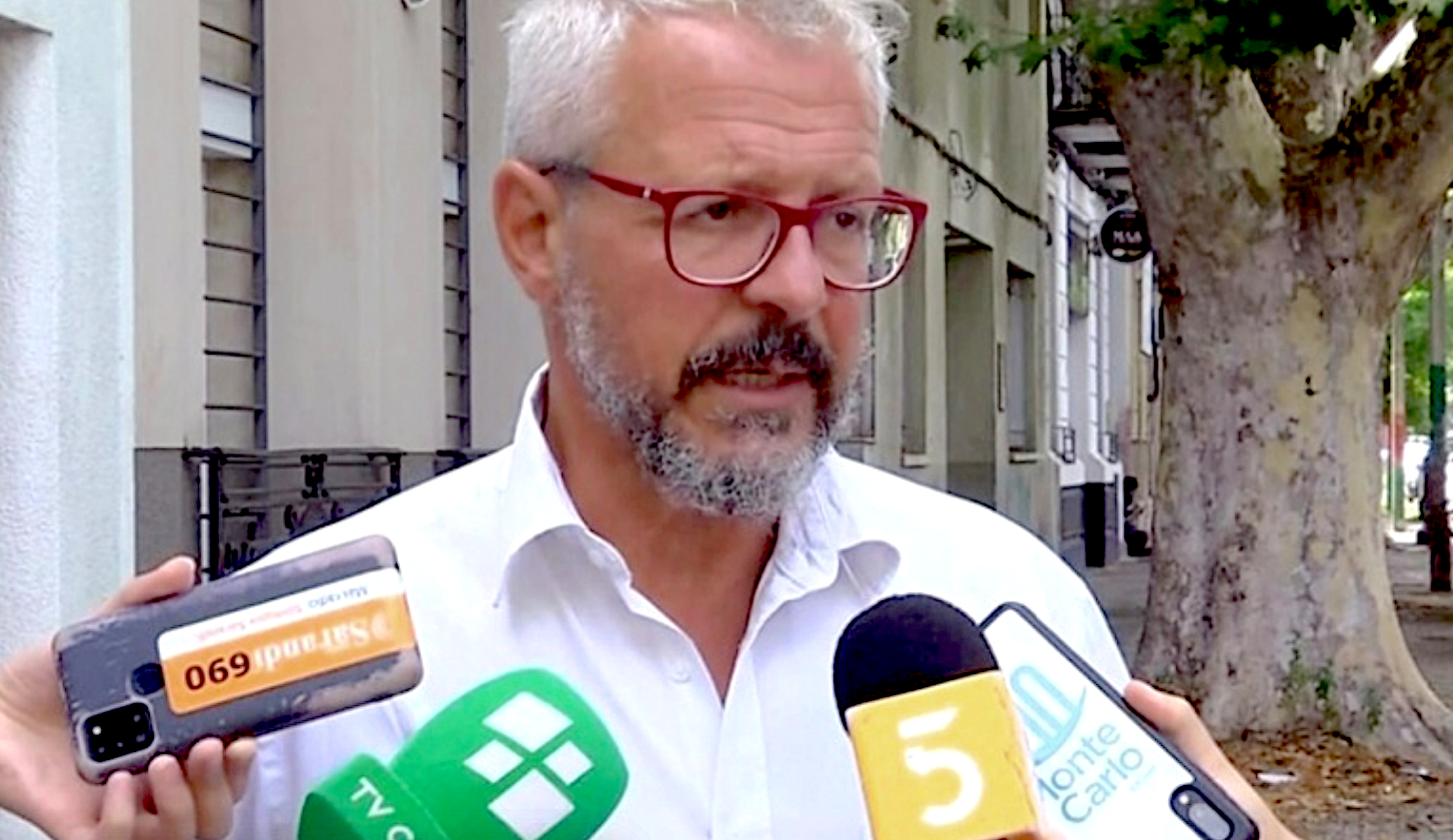
New Uruguayan government analyzing changes in health financing
The undersecretary of the MSP of Uruguay reported that the government is analyzing changes in the financing of Fonasa and the calculation of capita. He also stressed the need to evaluate the economic and healthcare management of health institutions. In January 2025,...
Using income-based caps to protect people from user charges for health care
User charges for health care—such as co-payments for doctor visits, hospital stays, or medicines—can create significant barriers to accessing necessary services, particularly for people with low incomes. To mitigate this, some countries in Europe have adopted...

‘No plans’ to allow private health cover of GP care
Australia does not plan to create a two-tier healthcare system by bringing in private insurers for GP care. The Health Minister shuts down all calls for letting private insurers cover GP care.Calls to lift the ban on private health insurers subsidizing GP visits have...
Informal employment and high burden of out-of-pocket healthcare payments among older workers: evidence from the Longitudinal Ageing Study in India
India's economy features a significant informal workforce that often struggles with low wages and inadequate healthcare benefits, leading many older workers to continue working past retirement age to cover their medical costs. This study found that informal older...
Medicare austerity reforms and patient out-of-pocket costs: The experience from Australian cancer patients
This paper analyzes trends in provider fees, government spending on private out-of-hospital medical services, and out-of-pocket costs for cancer patients following policy changes aimed at reducing government expenditure. It highlights significant variations in...
Smart spending to combat global health threats
Global public goods for health, including prevention, preparedness, and response (PPR) measures, are vital for safeguarding populations against future health threats. Yet the scale of investment in these areas remains inadequate and uneven, especially across income...
Law n° 65-00 on basic medical coverage in Morocco
In 2002, the Moroccan government approved and passed the Moroccan Health Coverage Code. The social development policy advocated by His Majesty King Mohammed VI aims to improve health standards (one of the essential components of this policy) and contribute to the...
Breaking Barriers to Universal Health Coverage: Insights from Georgia’s Chronic Disease Medicine Program
Despite global advances toward Universal Health Coverage, financial protection remains a challenge in low- and middle-income countries, with out-of-pocket pharmaceutical costs driving poverty and inequality in Georgia. The study found that while Georgia’s Chronic...
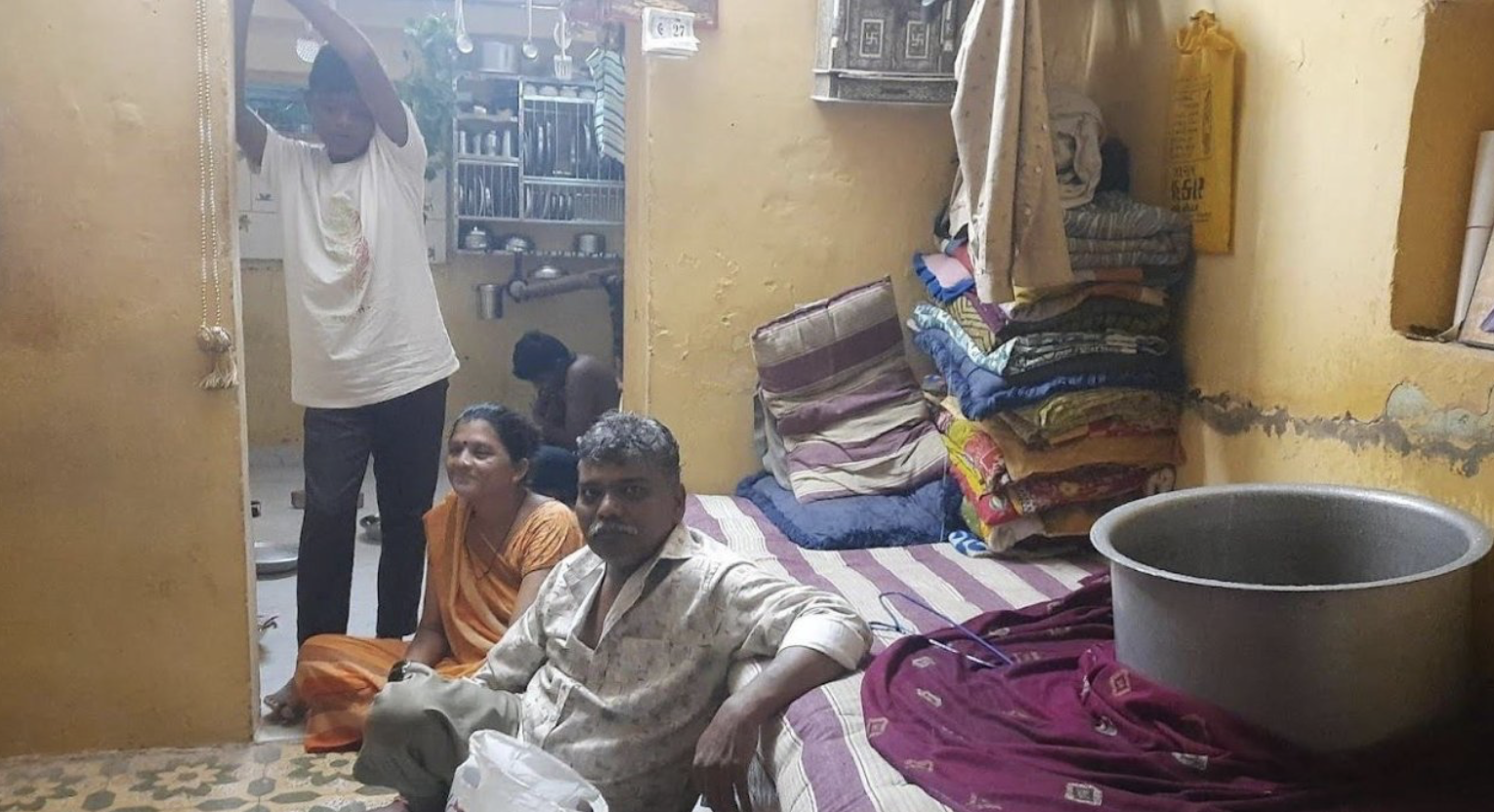
The Unfulfilled Promises of Narendra Modi’s Ayushman Bharat, the World’s Largest Health Scheme
Ayushman Bharat has faced criticism for its inadequate funding, low hospital bed availability, and insufficient support for the most marginalized communities. Despite government claims of success, many beneficiaries experience high out-of-pocket expenses and financial...
Financing healthcare services: a qualitative assessment of private health insurance schemes in Ghana
The study evaluates the operations and performance of Private Health Insurance Schemes (PHIS) in Ghana, highlighting their diverse benefit packages and flexible payment structures that enhance healthcare access and quality. It emphasizes the need for PHIS to establish...
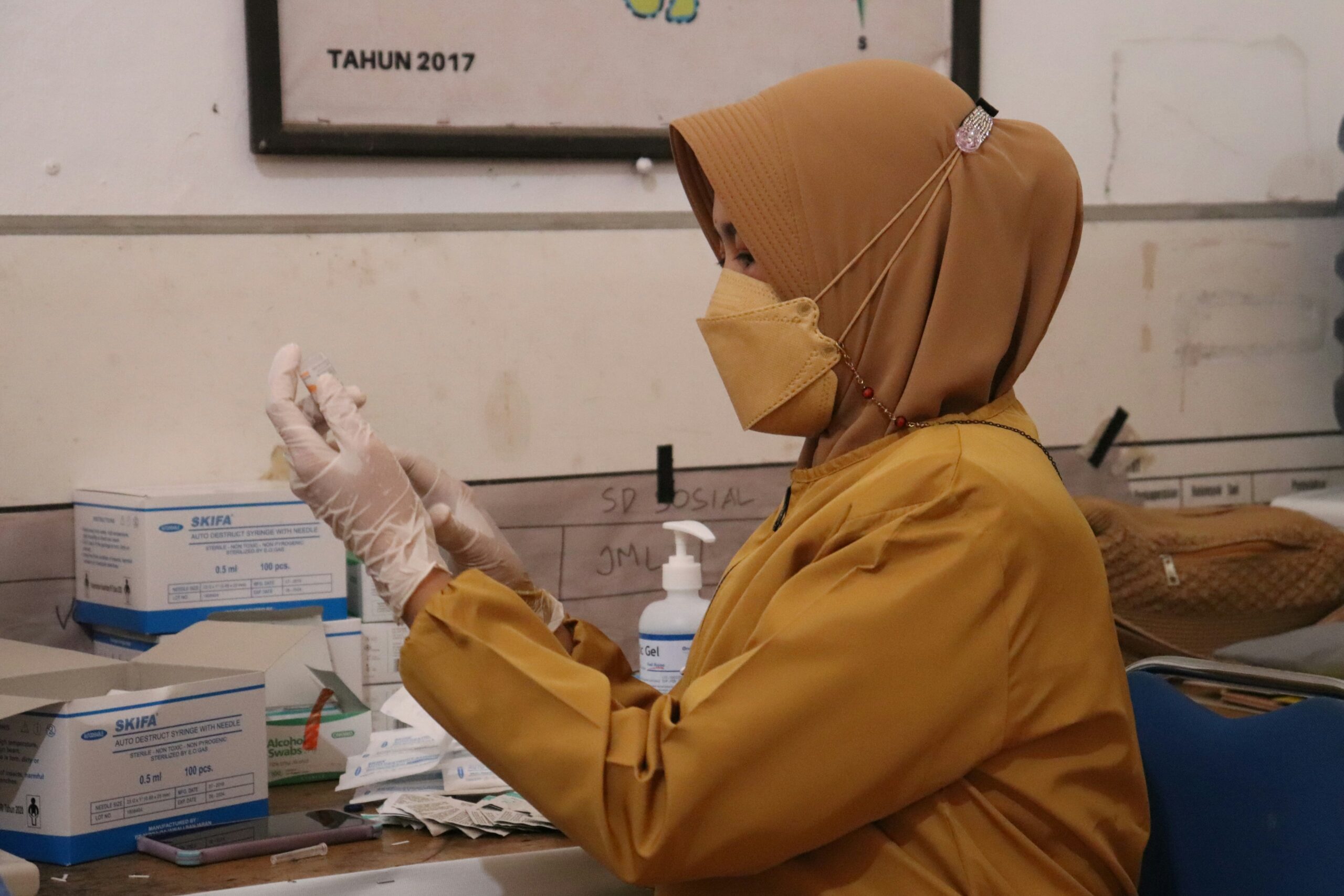
Malaysia’s healthcare system a ticking bomb
Malaysia's healthcare system is facing significant challenges due to a growing non-communicable disease epidemic, an ageing population, chronic underfunding, and a demoralised workforce, all of which threaten the quality and accessibility of care. Malaysia's...
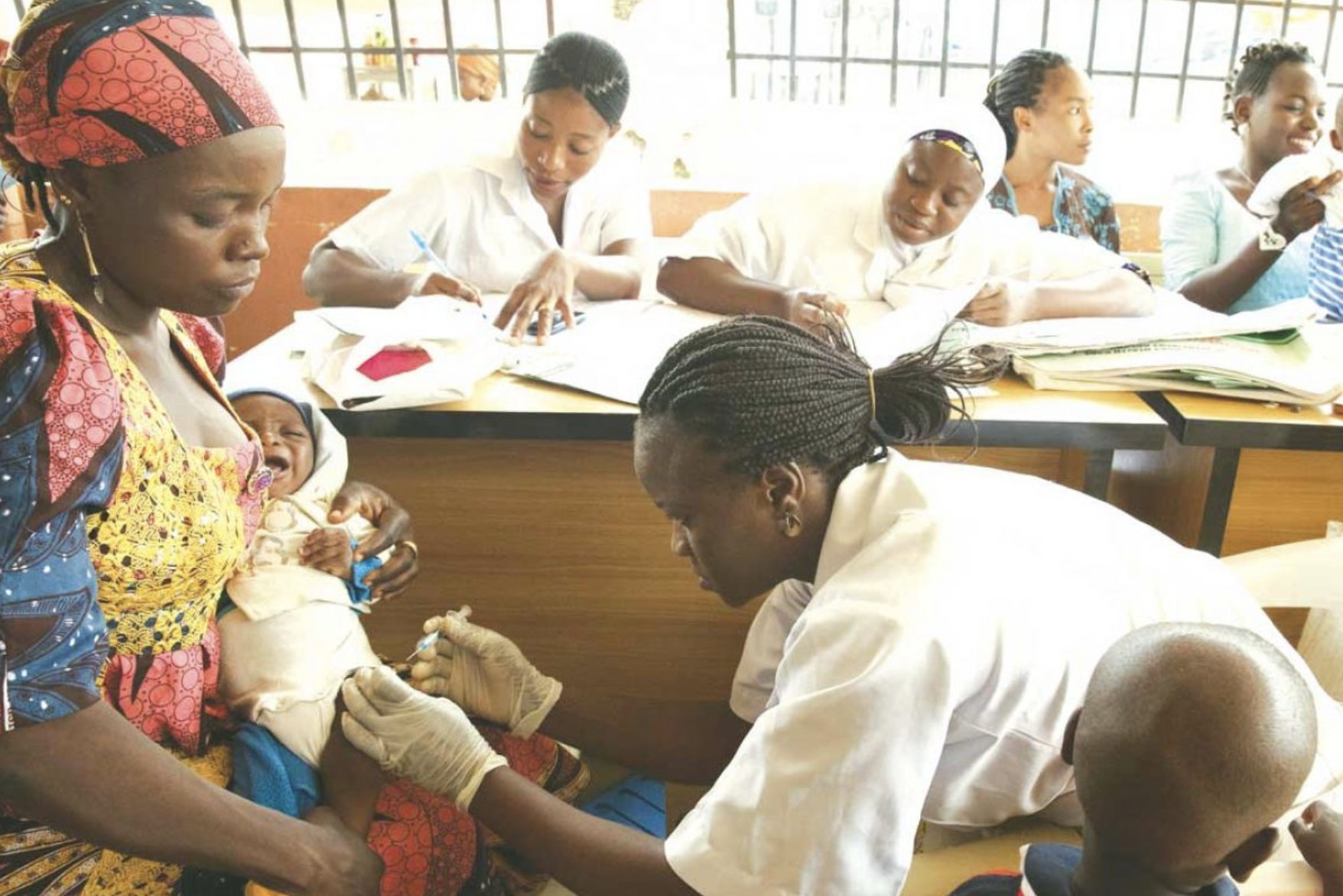
Pathways to solving Nigeria’s out-of-pocket healthcare emergency crisis
Nigeria faces severe public healthcare challenges, with over 90% of the population relying on out-of-pocket payments, leading to substantial financial hardship and high rates of preventable illnesses and deaths. Despite the establishment of the National Health...
